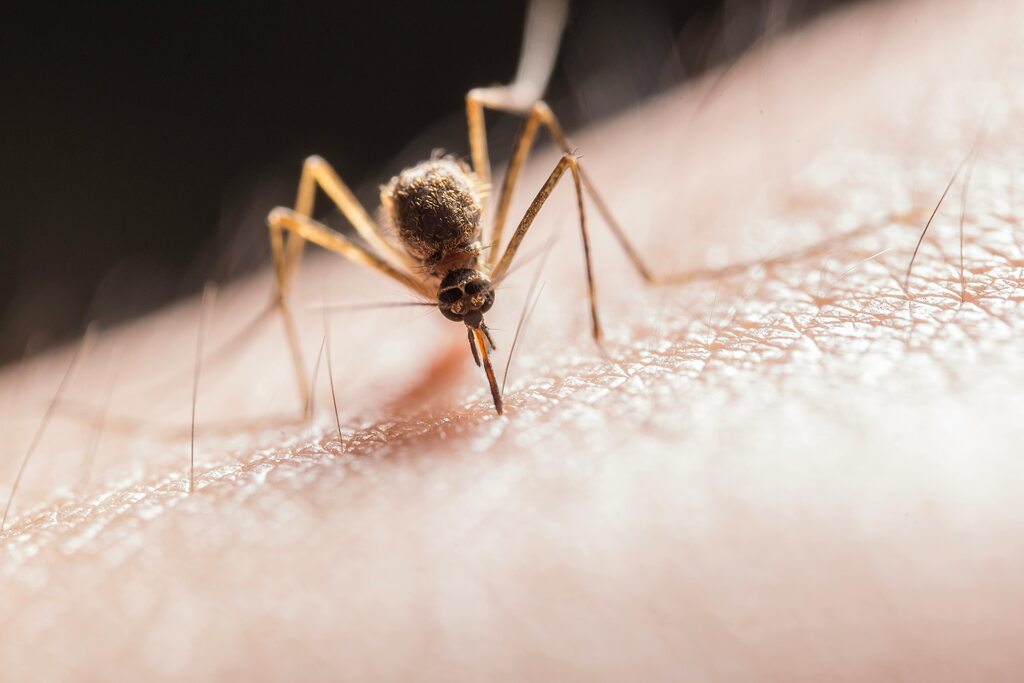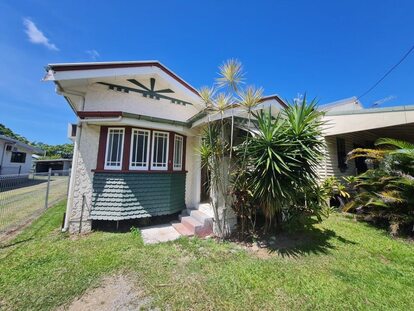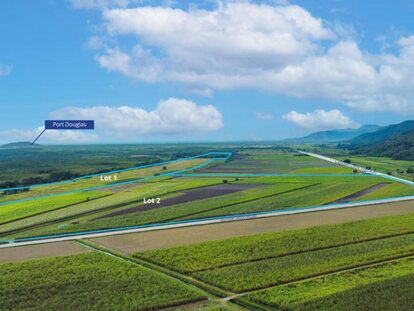HEALTH WARNING: Mosquito protection measures advised
Queensland Health warning

Queenslanders are urged to take measures to avoid being bitten by mosquitoes amid detections of Japanese encephalitis virus and Ross River virus among some mosquito populations across the state.
Queensland Chief Health Officer Dr Heidi Carroll said that notifications of mosquito-borne illnesses typically start to rise in February as mosquito populations increase.
“Mosquito numbers always increase significantly after wet and warm weather, and Queenslanders should be extra vigilant against bites across the state at this time,” Dr Carroll said.
“The most effective way to prevent mosquito-borne diseases is to avoid mosquito bites.
“An increase in mosquito numbers raises the risk of contracting mosquito-borne illnesses, such as Ross River virus and JEV.
“Mosquito samples that are positive for mosquito-borne viruses can indicate an increased risk of human cases,” she said.
Dr Carroll said the first locally acquired human case of JEV since 2022 was detected in Queensland in January this year.
“This case is believed to have been infected in the Darling Downs region, near Goondiwindi,” Dr Carroll said.
“In recent weeks, JEV has been detected in mosquito populations in Goondiwindi, Inglewood and Monto, as well as in mosquito and feral pig populations in NSW.
“This means there is an increased risk of JEV infection in certain areas of the state. I encourage eligible Queenslanders in identified at-risk locations to be vaccinated against the virus.
“JEV vaccination is recommended and funded for residents living, working or visiting identified at risk local government areas in parts of the Gulf Peninsula, Torres Strait, Darling Downs, Wide Bay and Central West," she said.
Dr Carroll said JEV is a rare but potentially serious illness spread by infected mosquitoes, and vaccination is recommended for people at risk of exposure to the virus.
The JEV vaccine is available at over 100 vaccination providers across Queensland, including selected GPs, pharmacies and community immunisation providers. While some providers may charge a consultation fee, the vaccine itself is free for eligible Queenslanders.
Since 2022, more than 18,000 eligible Queenslanders have been vaccinated against JEV. Nearly 6000 Queenslanders were vaccinated in 2024.
There is no vaccine for Ross River or dengue viruses, so prevention depends on not getting bitten by mosquitoes.
Mosquitoes bite at any time of the day, but some species are most active at dusk and dawn.
Simple steps to prevent mosquito bites include:
- applying effective insect repellents that contain DEET, Picaridin or Oil of Lemon Eucalyptus to exposed skin and reapplying as directed by the manufacturer
- wearing loose, light-coloured clothing to cover up arms, legs and feet
- using insecticide sprays, insecticide-based vapour dispensing units and, mosquito coils, if outdoors in a well-ventilated area
- ensuring proper screening in tents or sleep under a mosquito net when camping to prevent mosquitoes entering.
Support public interest journalism
Help us to continue covering local stories that matter. Please consider supporting below.



















